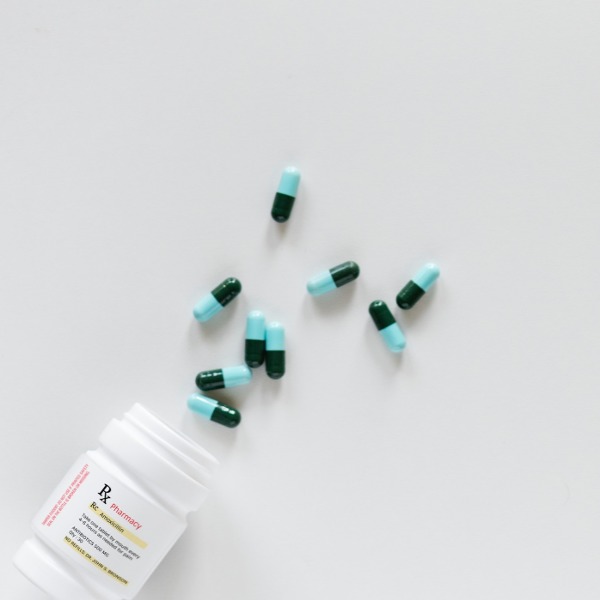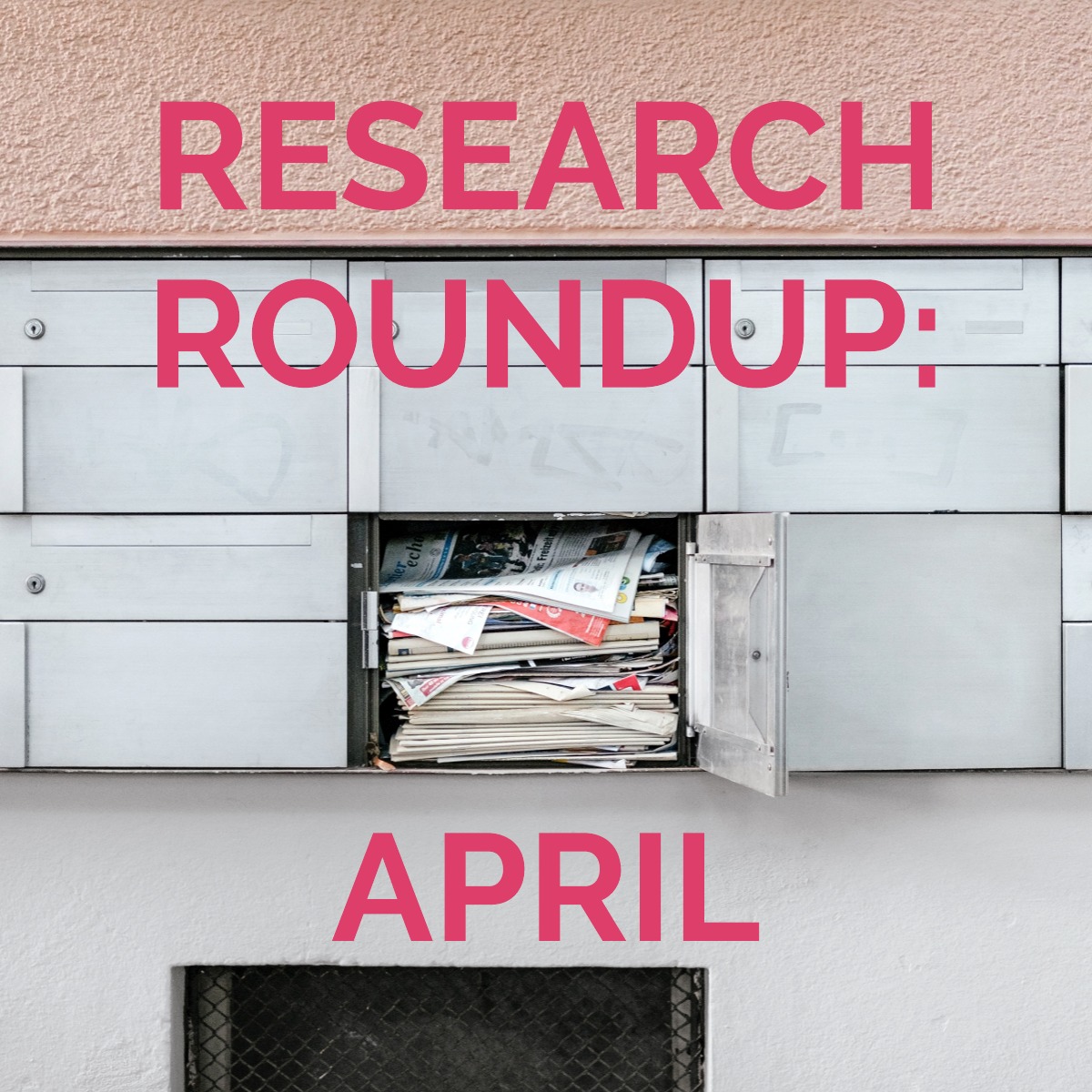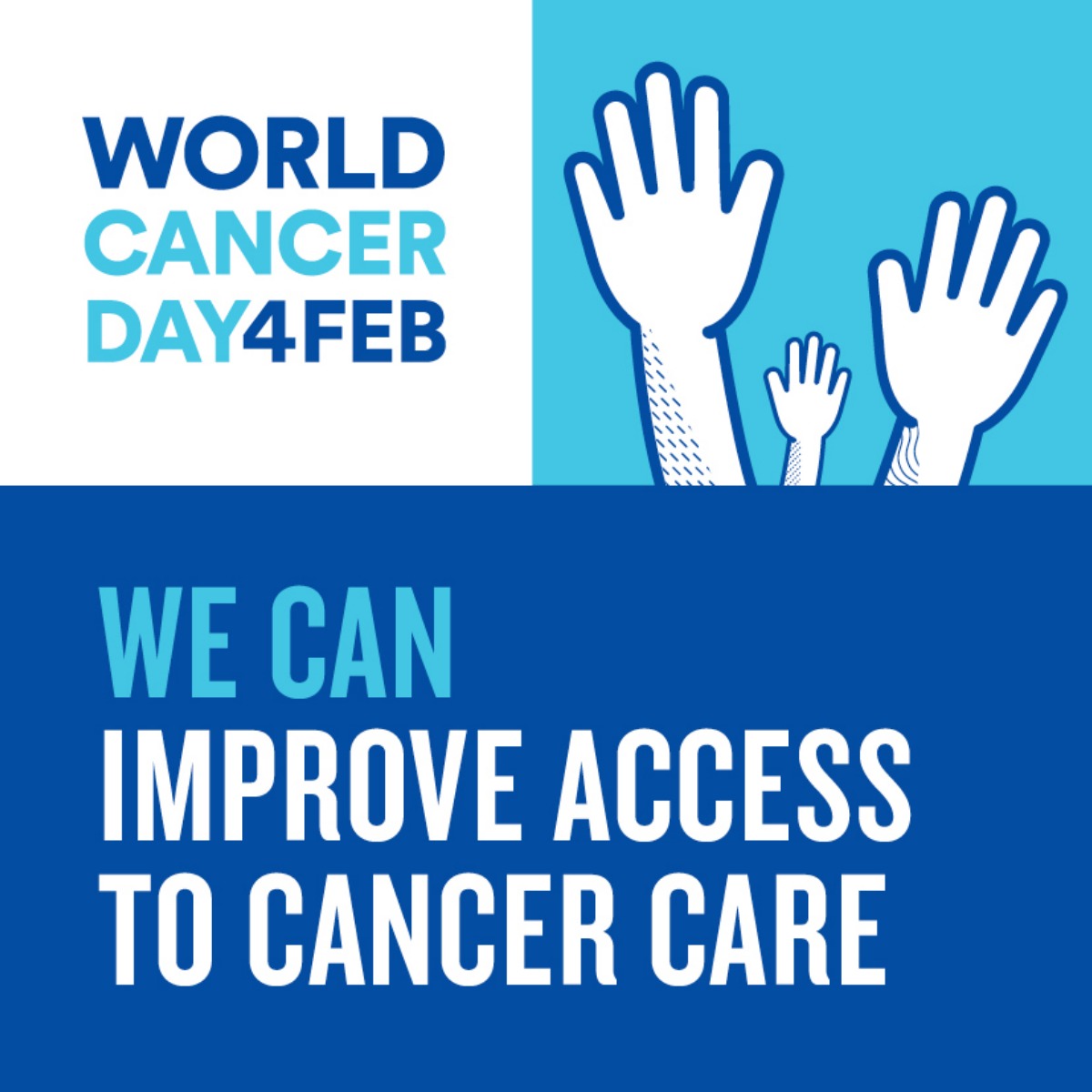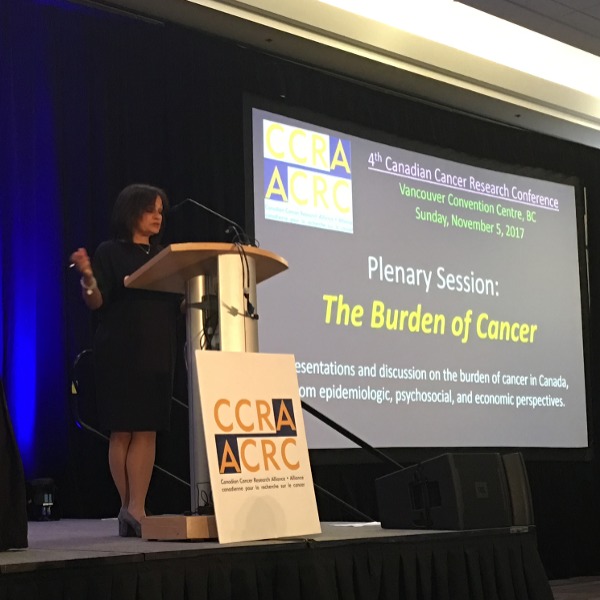By continuing to use our site, you consent to the processing of cookies, user data (location information, type and version of the OS, the type and version of the browser, the type of device and the resolution of its screen, the source of where the user came from, from which site or for what advertisement, language OS and Browser, which pages are opened and to which buttons the user presses, ip-address) for the purpose of site functioning, retargeting and statistical surveys and reviews. If you do not want your data to be processed, please leave the site.
The Voice of People With Breast Cancer
Education
Our Voices Blog
Tag : metastatic breast cancer
The Power of We
Together we can accomplish great things! It’s always amazing to watch how individuals coming together as one united voice can truly make a difference in the lives of others.
Research highlights from ASCO’s 2018 Annual Meeting
Earlier this month, the annual meeting for the American Society of Clinical Oncology was held in Chicago. Here, key research developments in every area of cancer care are shared with oncology professionals from around the world. We’ve compiled the top breast cancer highlights to come out of this year’s ASCO 2018 conference:
What you need to know: Accessing clinical trials out of province and out of country
I have been living with metastatic breast cancer for over eight years. While I am usually averse to using battle analogies for living with and dying from cancer, finding the best care has required a fight, considerable perseverance, and hard work. Fortunately, my ER+/PR+ tumours (pleura/liver/lymph) have responded well, but not great, to hormonal therapies. I’m onto my seventh line of treatment.
Biosimilars: What are the doctors saying?
Now that you’ve learned more about biosimilars, it may also be of interest to learn what the physician perspective is. We connected with Dr. Sandeep Sehdev, a medical oncologist at the Ottawa Hospital, to get his perspective on biosimilars and what he thinks is important for patients to understand about them.
Learning more about biosimilar treatment options
Biosimilar drugs will soon be entering the breast cancer treatment landscape and are already available for support medications. With these emerging treatment options, it’s important to know more about them so you can make informed decisions about your treatment plan.
Research Roundup: April
Here are some highlights from the latest in breast cancer research:
Living like I’m dying
I’m from Ottawa. I was diagnosed de novo in March 2011 with metastatic breast cancer and metastasis to the bone. I am 53 years old. I am a mother, daughter, sister, artist, lesbian, atheist, and gardener.
Medical marijuana gives a metastatic patient relief from pain, hot flashes, and sleeplessness
Cindy Blondeau of Moosomin, Saskatchewan is pleased that the federal government is legalizing marijuana. For this metastatic breast cancer patient, pure CBD oil from this plant works better than any other painkillers that she has tried.
Cannabis for cancer side effects
We’ve been talking a lot lately about side effects and ways to manage or cope with the many symptoms of cancer treatment. But what we haven’t talked about in all of these posts is how cannabis (or marijuana) can be used to help with your side effects. We thought it best to dedicate a blog post entirely on cannabis to help you better understand how it may help relieve your symptoms and how it’s regulated in Canada.
Rethinking the slippery slope: resilience, metastatic breast cancer, and me
“Go UP the stairs. Slide DOWN the slide. No, Sweetie. Go UP the STAIRS.” She could barely walk, but she was climbing up the slide. Then, and now. Spend ten minutes at a playground, and the appeal of climbing up the face of the slide is undeniable. I am acutely aware of the dangers of falling off the slide, the risks of children bumping into each other. I vaguely remember falling off a slide, decades ago--one of the old, tall ones—before playgrounds had soft surfaces. I like to see everyone going in the same direction. Up the stairs. Down the slide. Nice, orderly, predictable, and safe.
Tips For Managing Fatigue
Cancer related fatigue is so much more than just feeling tired from a long, hard day. Your cancer treatment can cause you to experience what feels like full body exhaustion. You’re so exhausted that you can’t get out of bed and no amount of rest will give you back your energy.
Is this the drug funding we deserve?
When I started getting sick in the late summer of 2011, I was pretty sure I knew what it was. I thought my endometriosis was "acting up." Then my symptoms changed and a Google search convinced me I needed my gall bladder removed. I exaggerate, but the point is that while my disparate symptoms piled up, I was sure there was a simple explanation. Cancer never entered my mind, even when my gynaecologist found a lump in my breast I hadn't noticed.
We Can. I Can. Improving access to cancer care and bettering the lives of Canadians with breast cancer.
February 4th marks World Cancer Day, a global event that takes place every year uniting people around the world who are concerned about the fight against cancer. Currently, 8.8 million people die from cancer globally every year and breast cancer is the most commonly diagnosed cancer in women.
Helping you live better with Chemo Induced Neuropathy
Some forms of chemotherapy can affect or cause damage to your nerve endings, most commonly your sensory nerves. Your sensory nerves tell your brain to feel certain sensations such as touch, heat, cold and pain. When these nerves are damaged, you can have difficulty feeling these sensations correctly. It can lead to tingling, burning or numbness in your hands or feet, usually starting with your toes or fingers and gradually moving toward the centre of your body. It can cause debilitating pain, difficulty feeling hot or cold temperatures and can reduce your motor functioning.
Depression, anxiety and ways to cope
If you’re a breast cancer patient who’s experiencing significant depression or anxiety, you’re not alone. Roughly one-quarter of breast cancer patients get help for anxiety or depression during their treatment. There are many reasons a person may feel anxious or depressed because of their cancer diagnosis.
6 Ways to Manage Joint Pain
Joint pain is often a side effect of breast cancer medications, especially tamoxifen and aromatase inhibitors, which people are often prescribed for years. If you happen to be someone who experiences this, you know that it can range from being mildly annoying to having a debilitating effect on your daily life.
What’s important for patients to know from the 2017 San Antonio Breast Cancer Symposium?
Every year clinicians, researchers, patient advocates and industry members head to Texas to share the latest breakthroughs in breast cancer research. It’s a key conference to learn about new treatments or new standards of care for breast cancer patients. Here’s some of the highlights that have the most impact on patient care today:
Putting patients first - Moving research into the real world
This year I was honoured to participate as a patient representative on the steering committee of the Canadian Cancer Research Conference hosted by the Canadian Cancer Research Alliance at the beginning of November.
Metastatic patient faces a roller coaster of emotions
For Naomi Pickersgill, living with metastatic breast cancer and being confronted with her own mortality has been a “roller coaster of emotions.”









.jpeg)













